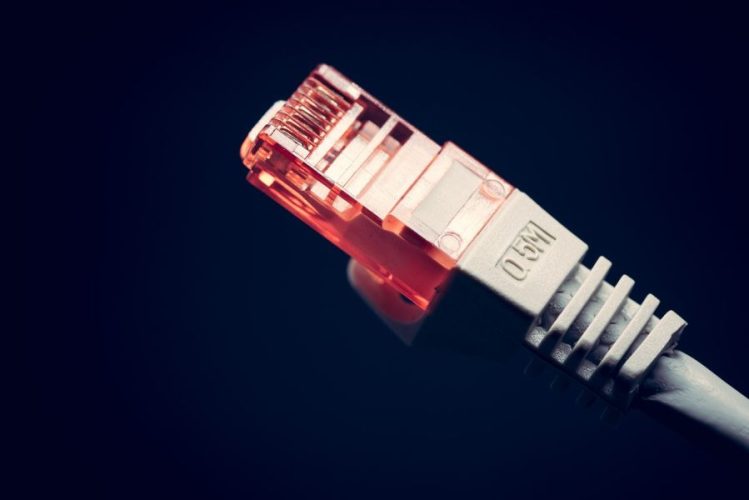Required Internet Speeds for Modern Smart Cities

Categories :
There’s an idea in smart technology that we need the fastest connections to maximize our experiences. This makes logical sense, as more speed is always a goal in computing, and it helps us achieve our desires with less waiting around. At least, this is how the digital world used to operate, and it's how speed enhancement is still advertised. In the real world, however, it’s not quite so simple.
In actuality, most of the cutting-edge tech we enjoy today can be explored to its full potential with only a fraction of the best internet speeds available. Even if you’re in one of the most technologically advanced cities in the world, this remains true. Taking a look at the numbers, we want to explore what you might really need, and what you should keep in mind before upgrading your internet plan.
Bandwidth Overkill
The most visible way in which needs in modern cities are over-served by current internet potential is in bandwidth. This is the amount of data that can be sent and received at one time, usually measured in Mbps. The current standard high-point which most cities and ISPs are offering for consumers sits at 1 Gbps, or 1,000 Mbps. Though the requirements of users will vary depending on their habits, this level is overkill for most uses and applications.
Consider online casino software as an example. The most cutting-edge casinos are adopting all new offerings such as crypto dice games, providing players with new ways to play. These casino games are indicative of the loading times shared over many interactive online applications, loading in just a few seconds even on sub-20 Mbps connections. The same applies to making deposits or withdrawals from crypto and collecting bonuses like deposit matches.
Live dealer games like roulette and blackjack also illustrate the kinds of demands that are placed on connections from live-streaming. The strain from these casino games will max out around 30 Mbps, again just a small percentage of the speed that the 1 Gbps standard represents. Whether playing these games from a wireless connection on a mobile or a computer on a home network, this is around the maximum strain users will experience.
As little as this strain can matter, each of these casino applications is still more demanding than the connections required for most smart functionality from homes and cities. Smart systems usually require next to no bandwidth, unless they’re exceptionally poorly designed or inefficient.
Latency and Connection Quality Can Matter
While it’s easy to meet bandwidth demands, latency, and connection quality challenges can be more difficult to address. Latency refers to the amount of time it takes a signal to perform a round trip, which is usually measured in milliseconds. The lower the latency, the more responsive a website or smart service will feel to use.
Connection quality comes into play thanks to our reliance on wireless connections, which are far less reliable than their cabled counterparts. This is because signals have a limited range, and can face issues when transmitting through objects like walls, trees, or even people. If a signal source and receiver are too far away or have too many obstacles in between, bandwidth and latency can suffer, or a connection might drop altogether.
Solving this issue can be tricky, though there are options. 5G connections, are one solution for smartphones, which can connect over both 5G and 4G networks. This means the two can help cover each other’s weaknesses, generating a stronger overall signal. Home wireless connectivity issues can be solved through better router placement, or by installing range extenders throughout to mitigate connection loss.
Sharing a Connection
Before jumping into what connection speeds you’ll really need, it’s important to also consider the effect that sharing connections will have. This issue comes from home networks, where one router can provide connections to everybody without a household. When this happens, the total available bandwidth is split between the different users, and often not evenly.
Consider a 100 Mbps network connection as an example. If three users stream ultra-HD video content and another is downloading large files, the entire bandwidth allowance can be claimed. More data might also go to the downloader, which can cut the video quality of the people streaming. Because of this, it can be worthwhile to Google the bandwidth demands from the activities your household engages in, so you can give yourself enough leeway to work with without encountering any slowdown.
Unless you work with huge amounts of data uploads and downloads, practically all homes in even the best-connected smart cities are significantly overserved by modern internet speeds. At this point, 100 Mbps per user is often more than enough to get you exactly what you need when you need it. As long as you remember to set up your home network to mitigate latency issues and connection drops, this standard should serve you until the end of the 2020s, and perhaps much further beyond.
Citiesabc was created by a team of global industry leaders, academics and experts to create new solutions, resources, rankings and connections for the world’s top cities and populations.










